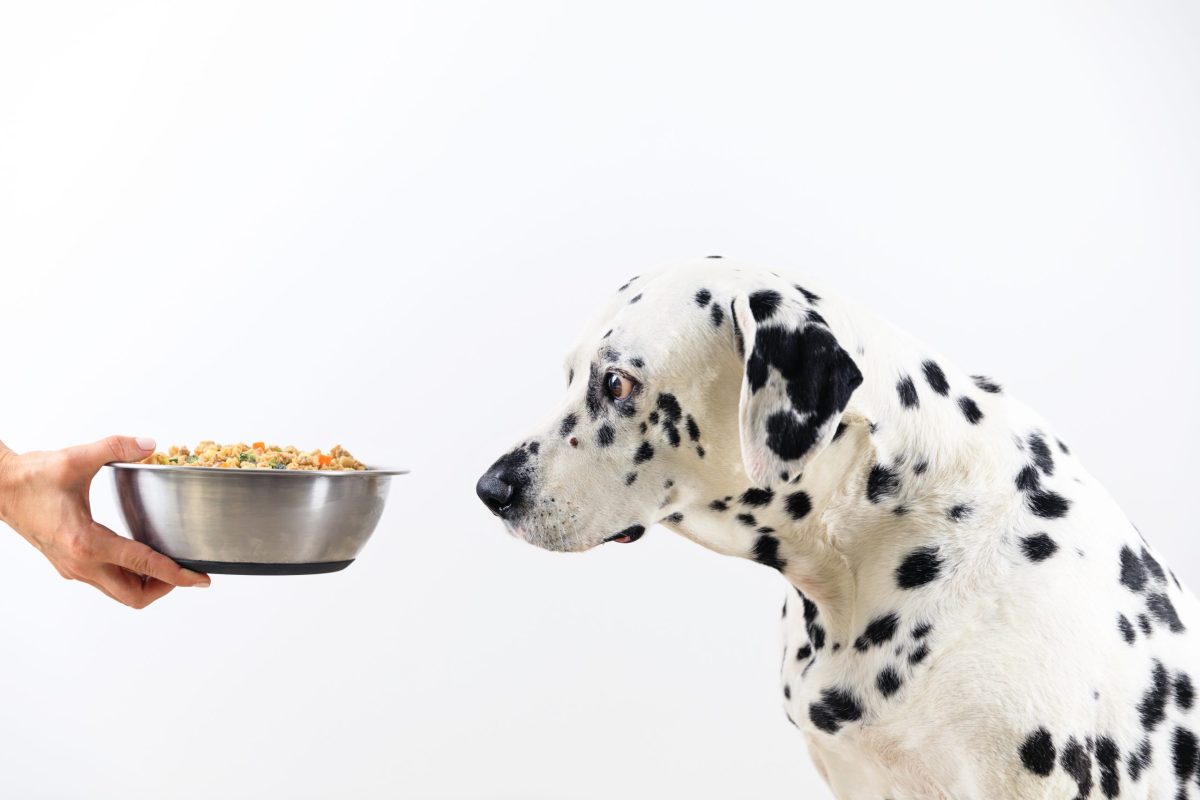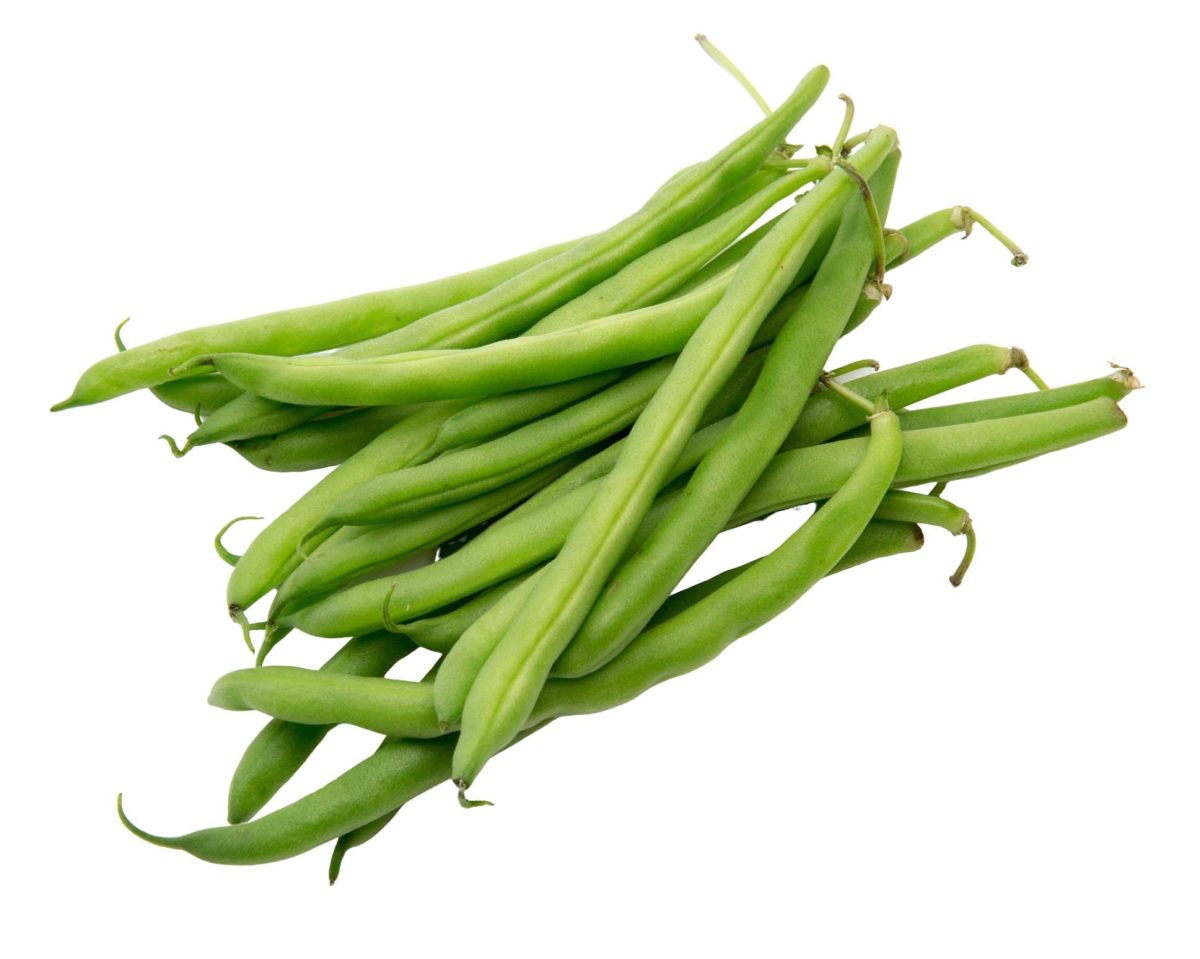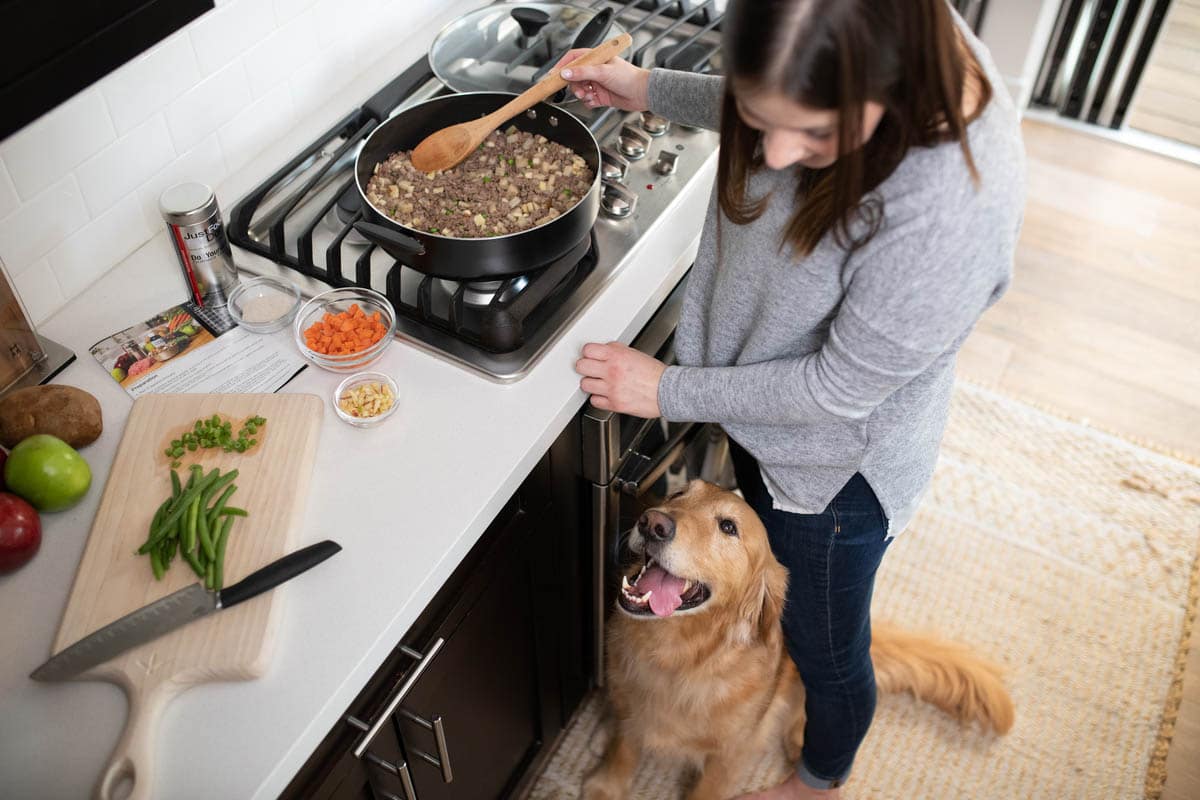What Is Hydrolyzed Dog Food?
Dr. Laura Wilson DVM, DACVD discusses hydrolyzed dog food and selecting ingredients for her patients.
In the world of canine nutrition, specialized diets have emerged to cater to the unique needs of dogs with food sensitivities and digestive issues. Among these specialized options, hydrolyzed dog food stands out as a unique solution for managing food allergies and inflammatory bowel disease (IBD).
Dogs with food allergies or IBD can experience adverse reactions to specific proteins in their diet. These reactions can manifest in various ways, including skin irritation, digestive upset, and even behavioral changes. Hydrolyzed dog food reduces the possibility of an allergic reaction by breaking down proteins to a point where they are no longer recognized as allergens by the immune system.
Hydrolyzed Protein Dog Food: How It Works
This dog food is a type of specialized diet that undergoes a process called hydrolysis, which breaks down proteins into their smallest building blocks, amino acids, and small peptides. This process effectively renders the proteins unrecognizable to a dog’s immune system, preventing an allergic reaction.
Common Ingredients in Hydrolyzed Pet Food
Hydrolyzed dog food typically contains a single source of hydrolyzed protein, such as hydrolyzed chicken and chicken liver, or lamb. This single-source protein approach further minimizes the risk of an allergic reaction.
Additionally, hydrolyzed dog food often includes carbohydrates, fats, vitamins and minerals like magnesium and calcium, omega-3 fatty acids, and antioxidants to ensure complete and balanced nutrition.
Elimination Diets & Hydrolyzed Dog Food
Elimination diets are key to helping adult dogs manage food allergy symptoms. Veterinarians typically recommend one of two options: hydrolyzed kibble or novel ingredient diets.
Some professionals opt for novel limited-ingredient diets because there aren’t as many hydrolyzed dry dog food options that offer a wide range alternative proteins.
“For me, a diet trial is a lot of work for everyone. I don’t have to do anything — I sell the food, I make recommendations — all the work is on the client. And so if we’re going to make it count, I don’t necessarily not like hydrolyzed, I just try to find something totally unique,” says Dr. Laura Wilson, a board-certified veterinary dermatologist.
Novel proteins that aren’t typically found in hydrolyzed protein diets include:
So, some veterinarians, like Dr. Wilson, may suggest a novel protein hypoallergenic diet first for your pet’s sensitive stomach, allergy, or other health condition.
You can find novel protein diets at many pet stores and online on Chewy, for example. You may also opt to make your own dog food for the food trial. If you DIY it, however, the homemade dog food recipe must formulated by a Board Certified Veterinary Nutritionist to ensure it meets all of your pet’s essential nutrient requirements.
Key Considerations when Choosing an Elimination Diet
When selecting a hydrolyzed dog food or novel protein diet, consider the following factors:
- Protein source: Choose a protein source that your dog has not previously consumed to minimize the risk of cross-contamination.
- Brand reputation: Opt for a reputable brand with a proven track record of producing high-quality dog food.
- Grain-free: Unless your pet has a confirmed allergy to grains, beware of grain-free diets as they are linked to canine heart disease.
- Flavors and textures: Explore different flavors and textures to find one that your dog enjoys and is willing to eat consistently.
To avoid side effects like upset stomach, diarrhea, or constipation, do not make your dog quit his old food cold turkey. When introducing a new food, always do so gradually my mixing the old food with the new food over several days.
Conclusion
By eliminating allergic reactions and improving digestive health, both novel protein and hydrolyzed diets can support your pet’s health. With careful selection and implementation under the guidance of a veterinary nutritionist, pet parents can provide their furry companion with the specialized nutrition they need to thrive.
Fresh dog food or hydrolyzed dog food from brands like Royal Canin, Purina Pro Plan Veterinary Diets HA Hydrolyzed, and Hill’s prescription diet may be a valuable dietary tool for managing food allergies and IBD in dogs as long as you get approval from your vet.
This content is for informational use only and does not replace professional nutrition and/or medical advice, diagnosis, or treatment. It is not a substitute for and should not be relied upon for specific nutrition and/or medical recommendations. Please talk with your veterinarian about any questions or concerns.








